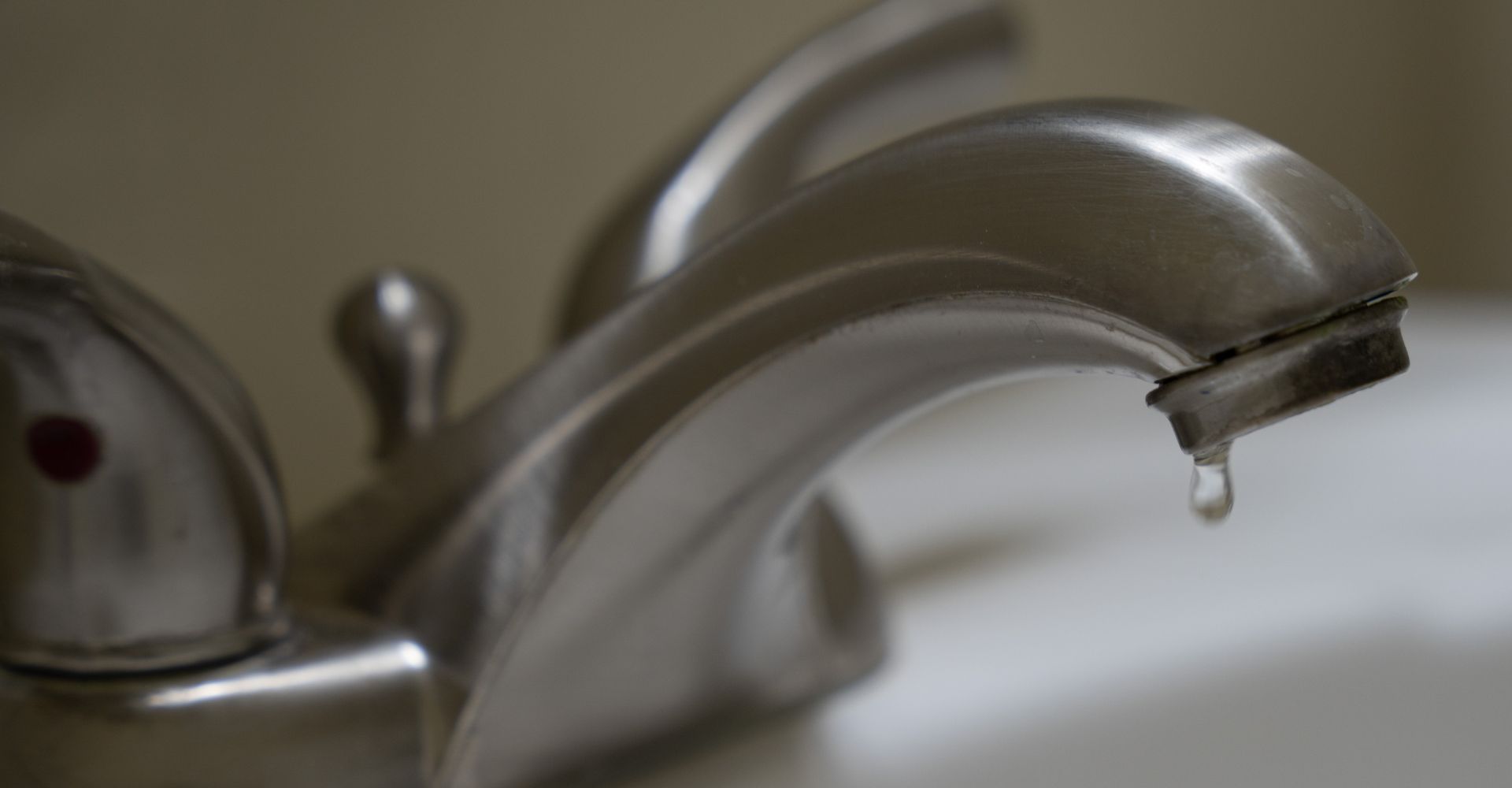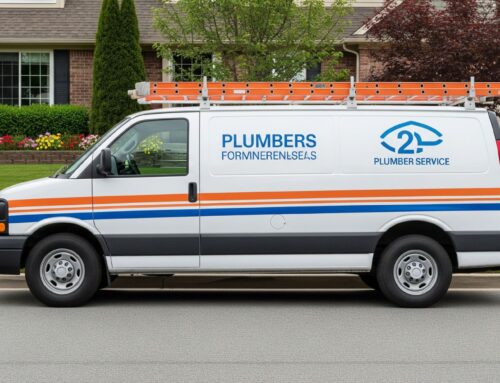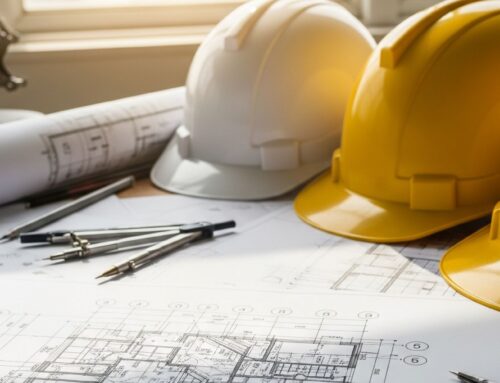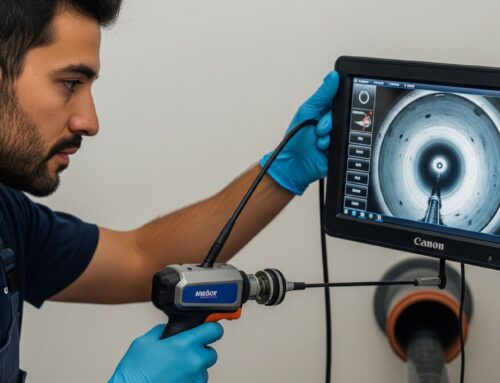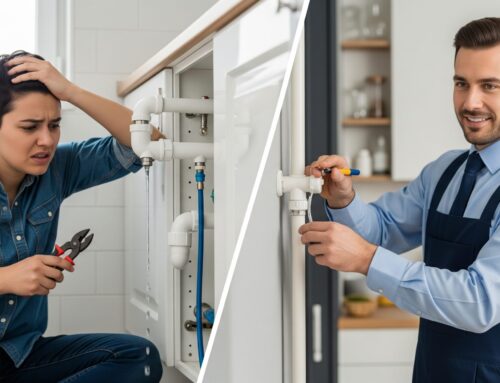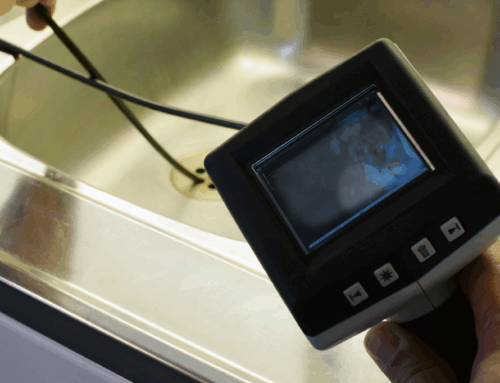Experiencing a leaky faucet in your St. Petersburg, Florida, home can be more than just an annoyance; it can also lead to higher water bills and potential water damage. In this blog by Hafke Plumbing, we’ll explore the causes of leaky faucets and provide practical tips on how to prevent them.
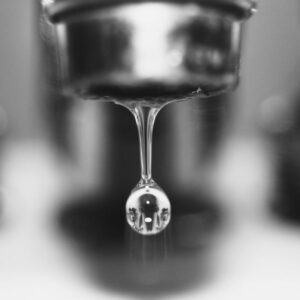
Worn Out Washer
If you’ve noticed a constant drip or trickle coming from your faucet, the culprit is most likely a worn-out washer. It may seem like a small issue, but when you use the faucet, the washer is pushed against the valve seat, which can wear it down over time. To prevent leaks and save yourself from the hassle of a constantly dripping faucet, it’s important to regularly check and replace worn washers. For optimal results, consider having a professional from Hafke Plumbing, your local St. Petersburg plumber, handle the replacement.
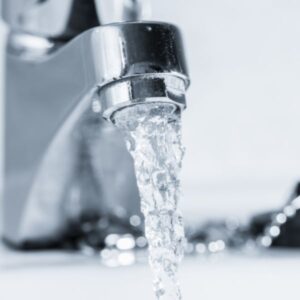
Corroded Valve Seat
The valve seat can also corrode over time, which often results in leakage around the spout. To prevent this, it’s essential to clean the valve seat regularly and consider having it replaced by Hafke Plumbing, your go-to licensed plumber in St. Petersburg, if the corrosion is severe.
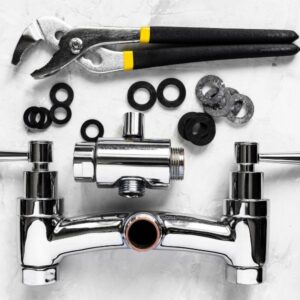
Improper Installation of Faucet Parts
Sometimes, leaks are caused by improper installation of faucet components. This can include misaligned parts or incorrectly sized washers. Ensuring that all parts are correctly installed by a professional from Hafke Plumbing can mitigate this issue.
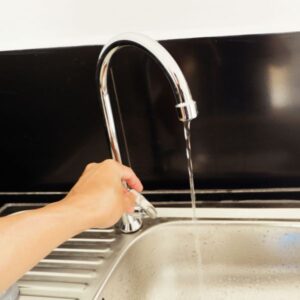
High Water Pressure
High water pressure can cause leakages by putting extra stress on your plumbing fixtures. If you notice leaks at certain times of the day or during specific activities, reducing the water pressure may help. Consult with Hafke Plumbing to ensure your system operates optimally.
Leaky faucets can lead to unnecessary water wastage and increase your utility bills. If you’re in St. Petersburg and experiencing persistent issues with leaky faucets, contact Hafke Plumbing, your expert plumbing company, for a thorough inspection and top-notch leaky faucet repair that can save you money and prevent further damage. Remember, addressing a small leak now can help avoid bigger problems later!



